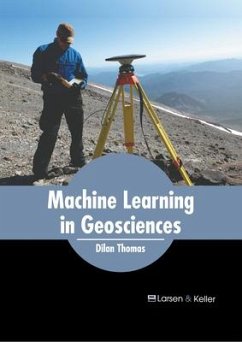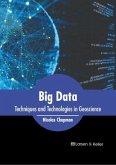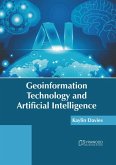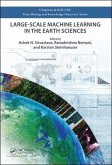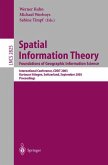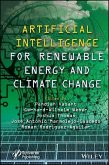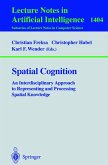Machine learning is an advanced field of data analytics that teaches computers to learn from their experiences similar to humans and animals. It utilizes two techniques, namely, unsupervised learning and supervised learning. The former makes use of the internal structures or hidden patterns in the input data whereas the latter involves training a model using known input and output data for predicting the future outcomes. Geoscience refers to the study of the Earth and all its natural structures and phenomena including oceans, atmosphere, rivers and lakes, ice sheets and glaciers, soils, complex surface, and rocky interior. Geographic information systems (GISs) are used extensively in studying the Earth. Machine learning is being used in GIS for segmentation, classification and prediction. Machine learning combined with remote sensing can enhance the automation of data analysis, uncover novel insights from large data sets, predict the behavior of environmental systems and lead to better management of resources. This book is a compilation of chapters that discuss the most vital concepts and emerging trends in the use of machine learning in geosciences. It will provide comprehensive knowledge to the readers.
Hinweis: Dieser Artikel kann nur an eine deutsche Lieferadresse ausgeliefert werden.
Hinweis: Dieser Artikel kann nur an eine deutsche Lieferadresse ausgeliefert werden.

